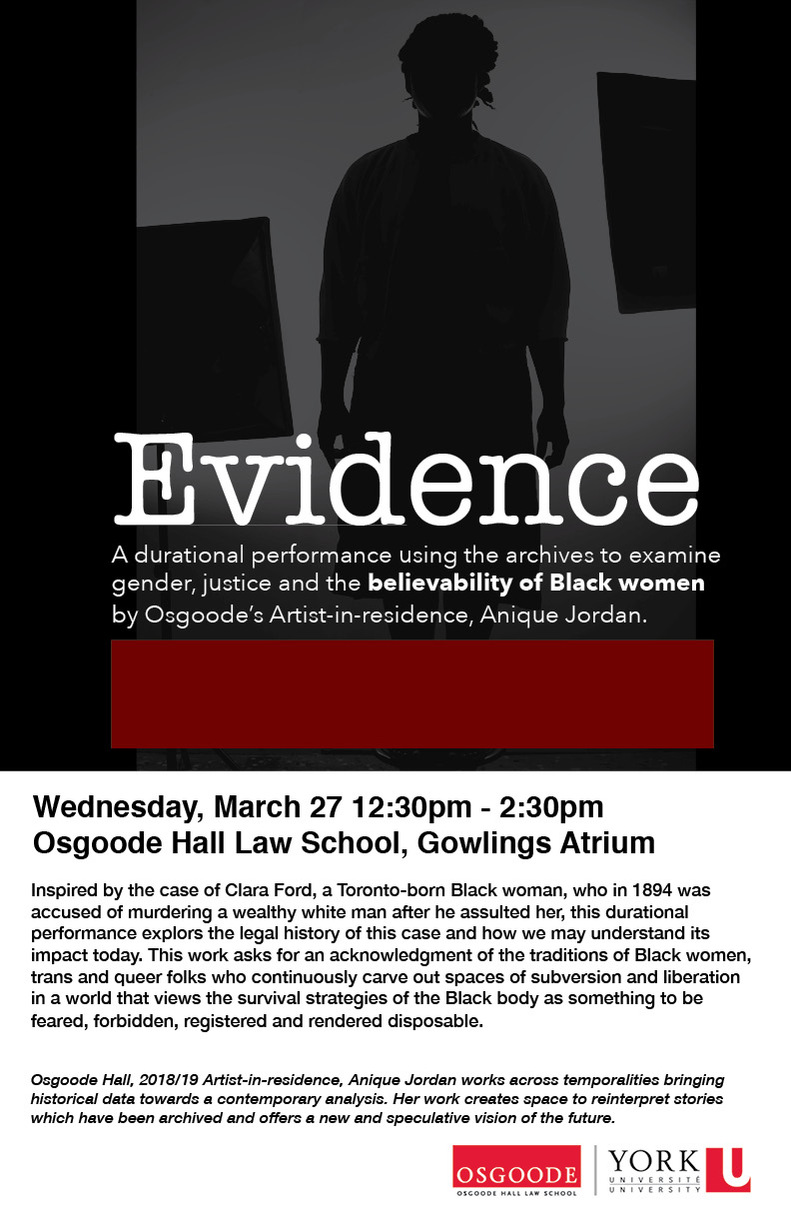Let’s Talk About Sex, bb
April 27, 2019 - December 2019
Agnes Etherington Art Centre at Queens University
Season Launch Reception: Friday 3 May 2019
Anique Jordan’s “Darkie” to be featured at the Let’s Talk About Sex, bb exhibition co-curated by Erin Sutherland and Carina Magazzeni at the Agnes Etherington Art Centre at Queens University in Kingston, Ontario.
“We want to talk about how we learned to talk about sex. About how we talk to our parents, our grandparents, our children, our friends, our kin, our lovers, our partners, our therapists about sex. About love, sensuality, cruising, futurisms, utopias and kinship, and all of their resurgent possibilities. We want to talk about all of these things with you.
This group exhibition features new works, collaborative installations, performances, workshops, poetry and film-based explorations that combine to create a narrative that expands the possibilities of sexual sociality. Curated by Carina Magazzeni and Erin Sutherland, Let’s Talk About Sex, bb brings sex to the table to encourage open and raw conversations about our relationships to our own and each other’s bodies.”
Artists featured in this show include: G H Y Cheung, Thirza Cuthand, Dayna Danger, Shawna Dempsey and Lorri Millan, Vanessa Dion Fletcher, Gesig Isaac, Anique Jordan, Kablusiak, Ness Lee, Dan Cardinal McCartney, Grace Rosario Perkins, Tiffany Shaw-Collinge and Arielle Twist.
more information here.
“…an afternoon of engaging conversation and networking as we bring artists, funders, curators, creatives and sector practitioners together to explore how Black art, identity and liberation work converge - and the role we can all play in making that possible! The conversation will be facilitated by Rania El Mugammar who will be joined by Black artists, educators and practitioners including Anique J. Jordan, Ekow Nimako, Dainty Smith and Dori Tunstall (Dean of Design, OCAD/the first Black Dean of Design anywhere).”
Inspired by the story of Clara Ford, a Black Toronto-born woman accused in 1895 of murdering a wealthy white man who with a group of other assaulted her, Evidence is a performance of the legal history amounting to the entirety of the life we know of Clara. This performance asks for an acknowledgment of the traditions of Black women, trans and queer folks who continuously carve out spaces of subversion and liberation in a world that would rather view the survival strategies of the Black body as something to be feared, forbidden, registered and rendered disposable. Known for wearing men’s clothing and carrying a loaded revolver, when Clara appeared in court she uncharacteristically wore a womens Victorian dress, ultimately leading to her acquittal. Clara went on to join Sam T. Jacks Creoles, the first all-Black woman burlesque company in the United States.
The history of Clara Ford is one that is meticulously documented through tabloids and newspapers. I have read through the legal texts surrounding her case and the contexts of 1890’s Toronto to explore the questions: How have Black bodies created spaces of existence in a world that would rather destroy them. What does she offer us of our own means of survival? When it comes to the archives of Black Canada, blackness is primarily located in two places: the church and the court house. How can we use the story of a single Black Toronto woman to understand and further the complexities of Black life in this city?
I am very interested in the links between her survival and the current context of murders, mas incarceration and state sanctioned death. She represents a response to the judicial system, incarceration, slavery, colonialism and the ways we experience and resist these violences in our daily lives.


